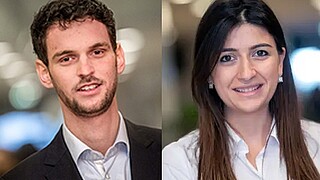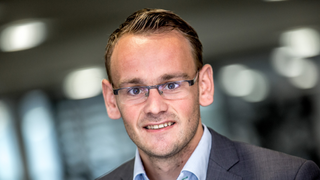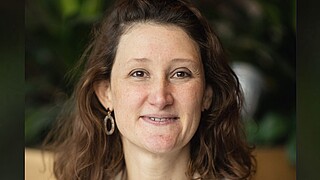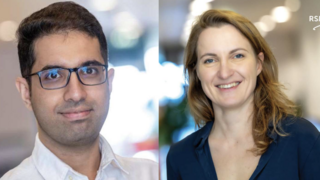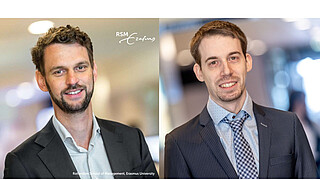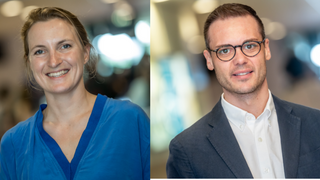Dr Sebastian Gabel of RSM is one of the recent twelve Veni grant winners from EUR and has received a Veni for his project: A deep machine learning approach to foster sustainable behaviour.
Helping policymakers increase public welfare
Behavioural interventions can be valuable tools for policymakers to tackle persistent societal problems such as climate change. But researchers have increasingly challenged predominant one-size-fits-all approaches that use the same interventions for everyone.
Dr Gabel proposes a scalable deep machine learning approach that personalises behavioural interventions. The approach first predicts the effectiveness of behavioural interventions and then identifies the optimal intervention mix and timing for each individual. Understanding differences in individuals’ susceptibilities to interventions enables researchers to offer more nuanced guidance to policymakers. Policymakers can then use the proposed approach to trigger behavioural change more effectively and increase public welfare.
About Dr Gabel
Sebastian received a PhD in marketing in 2019 from Humboldt University of Berlin, School of Business and Economics. His research focuses on the intersection of quantitative marketing, machine learning and econometrics. Furthermore, Sebastian collaborates with leading marketing solution providers and grocery retailers to design and implement advanced machine learning systems for scalable and automated marketing personalisation. These marketing solutions have helped retailers to increase their revenue, return on advertising spend, and conversion rates.
Veni grants for Erasmus University scientists
Eleven further scientists from EUR have also been awarded Veni grants. These include:
- Dr Michelle Achterberg of Erasmus School of Social and Behavioural Sciences with Dealing with social rejection and the well-being of young people
- Dr Lisa Bauer of Erasmus MC with Enterovirus' guide to the central nervous system: how to infect, spread and cause inflammation in brain cells
- Dr Lisanne te Brinke of Erasmus School of Social and Behavioural Sciences with Young people as drivers of change
- Dr Layal Chaker of Erasmus MC with ThyHeart: male-female differences in cardiovascular disease explained by thyroid hormone metabolites
- Dr Joao Fernando Gonçalves of Erasmus School of History, Culture and Communication with Making AI less artificial
- Dr Ana Gomes Figueiredo Varatojo dos Santos of Erasmus School of Economics with Self-insurance through Temporary Work
- Dr Annemijn Jonkman of Erasmus MC with To breathe or not to breathe on your own? New strategies for safe transition to assisted artificial ventilation
- Dr Ioannis Kampourakis of Erasmus School of Law with Green growth and equity: securing material resources for green transition
- Dr Kristina Kolbe of Erasmus School of History, Culture and Communication with From creative labour to social change: another look at cultural work through care politics
- Dr Kristina Lanko of Erasmus MC with The front page: early transcriptional regulation of host-pathogen interaction
- Dr Vincenzo Romano of Erasmus MC with Cerebrocerebellar interactions underlying the coordination of complex behaviour


